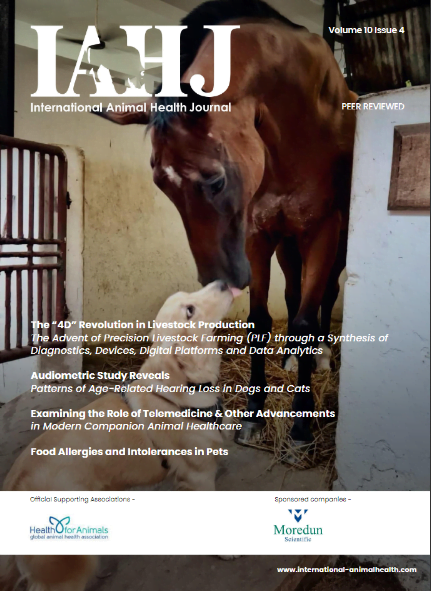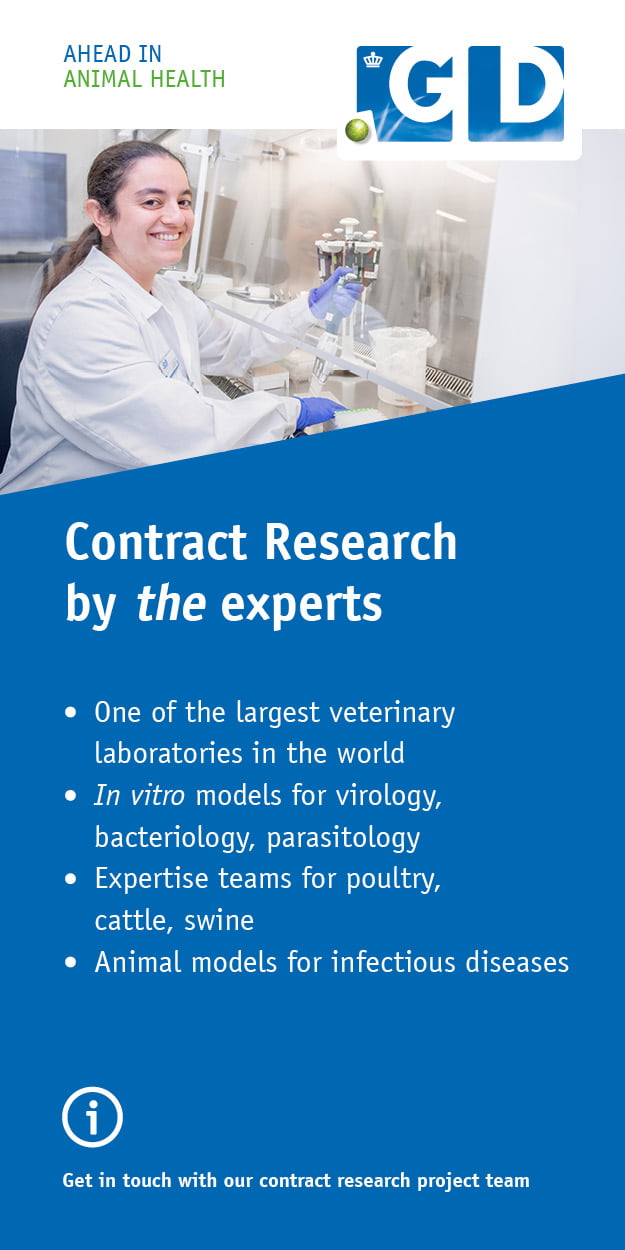This is the third article in the “From Molecule to Market” series, where the challenges to successfully run a clinical program for the registration of new veterinary medicinal products shall be described. While traditionally all safety and efficacy studies conducted in the target animal species are considered “clinical studies”, the European Union (EU), lately, has introduced a more restricted definition of “clinical” studies being the pivotal field efficacy and safety studies only. In this article, we will focus on the field studies, while providing some considerations for preclinical studies as defined now in the EU.
Introduction
To obtain marketing authorisations in Europe, the US and most other areas of the world, the safety and efficacy of a product require to be tested in the target animal and indication in controlled studies. These studies need to be conducted to the current state of veterinary medicinal scientific knowledge and need to comply with regulations and the scientific guidelines related to quality, safety, and efficacy of Veterinary Medicinal Products (VMPs) as published by US-FDA, EMA-CVMP, in monographs like Ph. Eur. and USP, OECD-/FDA Code of Federal Regulations, and VICH-GCP standards. Obviously, animal welfare standards need to be applied to all studies, and where applicable, in case of the release of VMPs containing Genetically Modified Organisms (GMOs) further regulations may apply. Additional further guidance(s) exists for different kinds of studies, many published by VICH and thus applicable for both the EU and US (e.g., VICH GL41 and 43 on Target Animal Safety). Guidance published by the individual regulatory bodies (FDA-CVM and DVMP) also exists on specific indications for different target animal species for their respective countries. Scientific bodies add relevant guidance as well (e.g., WSAVA.org, WAAVP.org). There is a legal definition of veterinary clinical studies published in European legislation, and this article focuses on such clinical trials:
Definition of the clinical and pre-clinical trial (study) based on Regulation (EU) 2019/6
‘clinical trial’ means a study which aims to examine under field conditions the safety or efficacy of a veterinary medicinal product under normal conditions of animal husbandry or as part of normal veterinary practice for the purpose of obtaining a marketing authorisation or a change thereof
‘pre-clinical study’ means a study not covered by the definition of the clinical trial which aims to investigate the safety or efficacy of a veterinary medicinal product for the purpose of obtaining a marketing authorisation or a change thereof
Prior to planning any pre-clinical or clinical studies, the exact identity, and specifications of a product must be established. A well-thought-out series of in vitro and, depending on the intended plans, in vivo studies in non-target animals should be performed, before administering any product under field conditions to client-owned animals. A development plan, based on a good scientific understanding of the attributes of the active ingredient and product will be of utmost importance to de-risk the development of any product, but also to minimize the risk to the target animal as much as possible, when a complete dataset of studies is not yet available.
Planning the Conduct of Pre-clinical and Clinical Studies
To plan and conduct pre-clinical and clinical studies in the target animal species, a good team of experts should be consulted utilising individual experts to cover different topics. This includes but may not be limited to the experts as listed in Table 1a. Studies typically falling under the definition of pre-clinical studies are listed in Table 1b).











